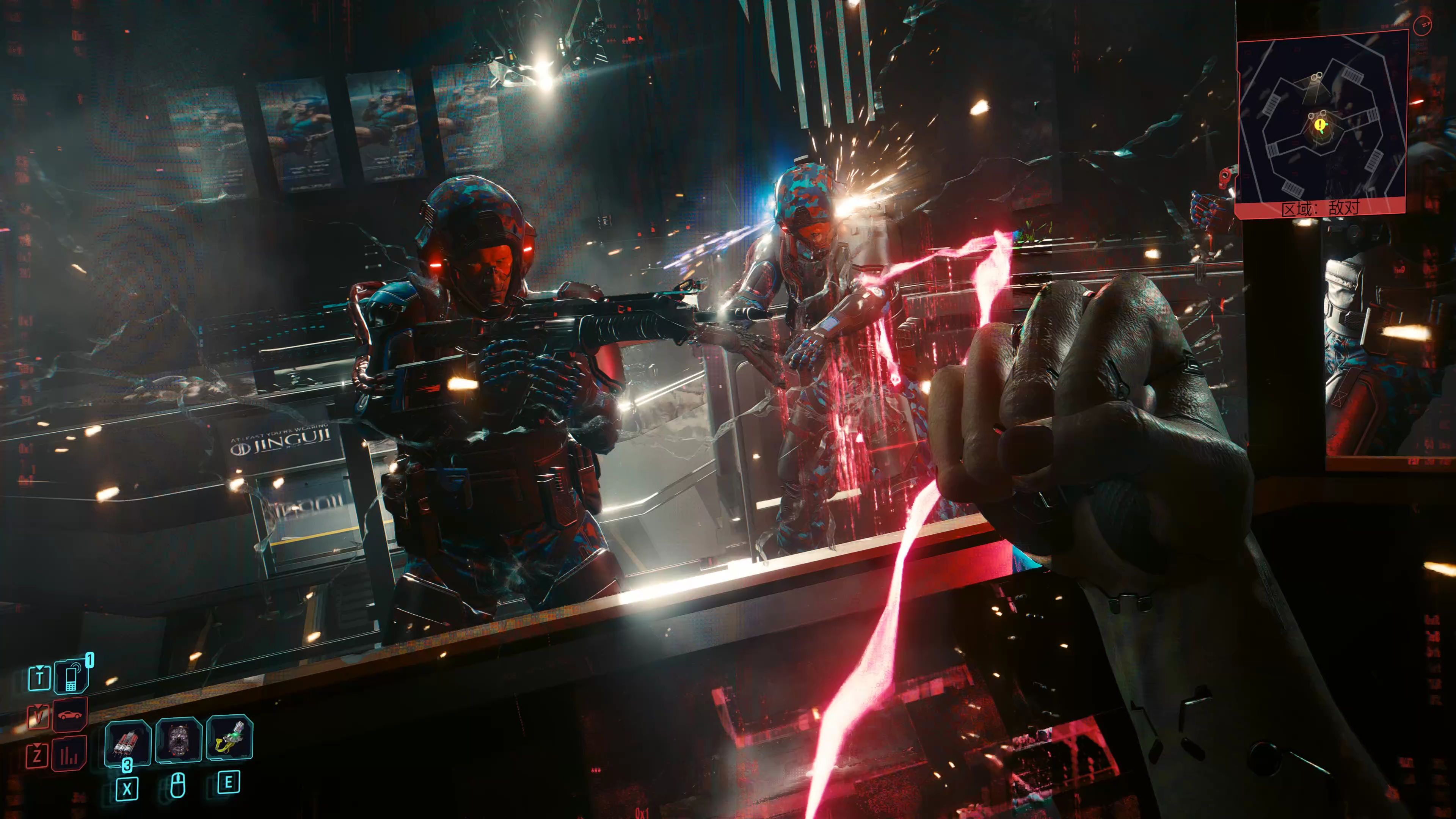Saints Row IV: Superpower Mayhem and the Art of Chaotic Freedom

When Volition Inc. released Saints Row IV in 2013, it didn't just hand players a video game; it handed them the keys to a candy store of chaos, a playground of pure, unadulterated power fantasy. The critical reception, encapsulated in its aggregate score, tells a fascinating story of a title that defiantly embraced its own absurdity, earning both adoration for its fearless creativity and criticism for its departure from its roots. The score for Saints Row IV is not a single, monolithic number but a spectrum of ratings that reflect the game's central, glorious contradiction: it is a masterpiece of superpower-fueled mayhem that also, for some, ceased to be a "Saints Row" game in the traditional sense.
Aggregating around a strong 83-86% on platforms like Metacritic and OpenCritic, the critical consensus paints a picture of a game that was widely enjoyed and respected for its ambition and sheer fun factor. Reviewers almost universally praised the game's core premise: the President of the United States (and leader of the 3rd Street Saints) is abducted by aliens and thrown into a sophisticated simulation of Steelport, only to gain superpowers to break its rules. This shift was the game's masterstroke. Publications like IGN and GameSpot highlighted the exhilarating freedom offered by the new movement mechanics. Sprinting faster than sports cars, leaping over skyscrapers in a single bound, and gliding across the cityscape transformed the open-world formula from a matter of navigation into an act of joyous expression. The power fantasy, often a promised but poorly delivered trope in games, was realized here with near-perfect execution. Combat, too, was overhauled. Why aim a rifle when you can telekinetically hurl a car at a cluster of aliens or freeze them solid with an ice blast? The combat was visceral, over-the-top, and perfectly complemented the newfound mobility.
The narrative tone, a hallmark of the series' evolution, also received significant praise. Where Saints Row: The Third leaned hard into absurdity, Saints Row IV plunged headfirst into the deep end, weaving a story that was part sci-fi epic, part parody, and part heartfelt homage to its own characters. The writing was sharp, self-aware, and consistently hilarious. The much-lauded "loyalty missions," which delved into the psyches of key crew members within their own personalized simulations, were highlighted as narrative high points. These segments, ranging of a 1980s-style top-down shooter to a gritty, noir detective story, showcased Volition's creativity and willingness to break genre conventions, even within a single game. This meta-commentary, framed within an alien simulation, gave the developers a free pass to be as weird and wonderful as they wanted, a liberty they seized with both hands.
However, this very strength is the source of the critique that slightly tempers the game's otherwise stellar scores. A consistent thread in professional reviews and user scores alike is the notion that in becoming a fantastic superhero game, Saints Row IV lost something of its identity as a gangster romp. The franchise began as a comparatively grounded (albeit silly) competitor to Grand Theft Auto, centered on building a criminal empire from the streets up. By the fourth installment, that premise had been entirely jettisoned in favor of an interstellar war waged by a superpowered commander-in-chief. For some players and critics, this was a bridge too far. The urban playground of Steelport, largely reused from the previous game, felt less like a city to be conquered and more like a backdrop for superpower testing. The traditional loop of taking over territories felt redundant when you could simply obliterate any enemy presence instantly with your powers. The very tools that made the gameplay so liberating also undermined the strategic and grounded (relatively speaking) feel of the earlier titles.
This duality is the key to understanding the Saints Row IV score. It exists in a critical superposition: it is both one of the best superhero games ever made and a contentious entry in its own series. The ratings reflect this. The high aggregate score from professional critics suggests they judged the game on what it is—a brilliantly executed, hilarious, and empowering open-world experience—rather than what it is not. They applauded its confident execution of a bonkers premise. The slightly more divided user scores often reveal a split between those who adored the new direction and those who felt a pang of loss for the street-level chaos of yore.
Ultimately, the score of Saints Row IV is a testament to a developer making a conscious, high-risk decision. Volition looked at the trajectory of their series—from gangland to celebrity to leader of the free world—and decided the only logical step was into the stars. The critical and commercial success proved them right. The game’s ratings celebrate its unapologetic embrace of fun. It is a title that understands the core appeal of video games is often escape and empowerment, and it delivers those things in spades. It may have left its gangster past behind, but in doing so, it achieved a unique and glorious form of chaotic freedom that few games have matched before or since. The score doesn't mark a perfect game, but it certainly marks an unforgettable one.














